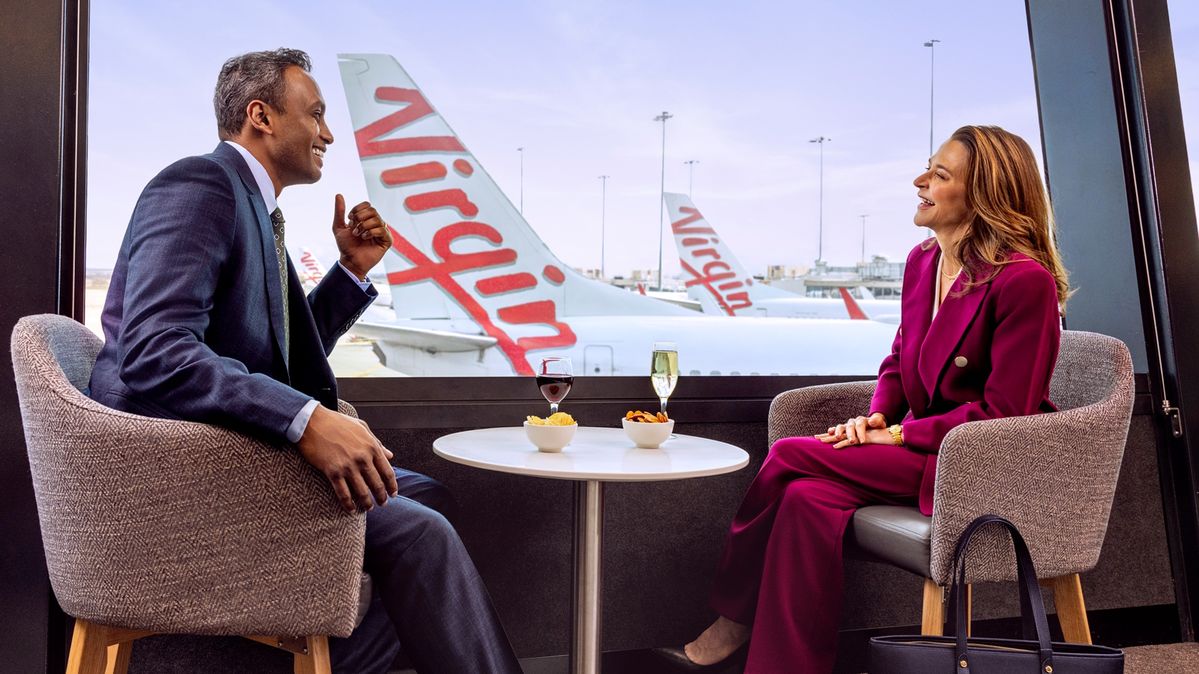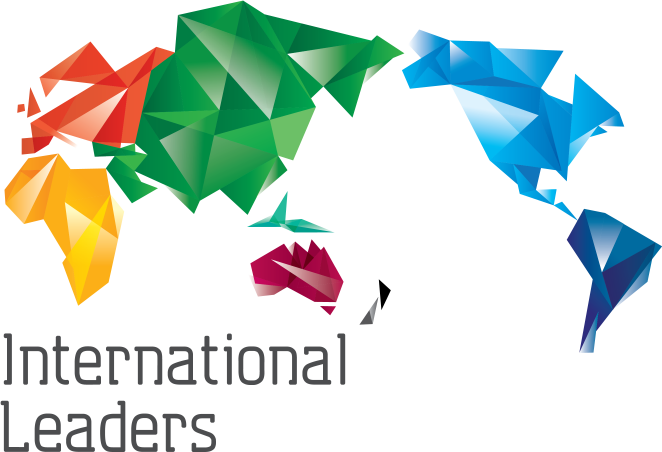Making business travel work for your business
Virgin Australia - view article on website HERE

There’s an old-but-true adage that ‘you have to spend money to make money’.
For many businesses, travel is an essential expense – for attending meetings, trade shows and conferences, servicing existing clients and pitching to new clients, and expanding into fresh markets.
Recent estimates by the Australia Trade and Investment Commission put the average Australian spend at around $1,300 per overnight work trip.
But without proper management, these costs can quickly spiral out of control, leading to inefficiencies and potential disruptions to the workforce.
This is where a well-structured travel policy comes in.
You might think of one as ‘the bible’ of your company’s travel program: a document outlining rules and restrictions for flights, accommodation, meals, expenses and the like.
More than setting a preferred airline, it has the power to streamline the whole booking process, not to mention improve transparency and reporting. It can even help with employee satisfaction.
Cost efficiency and savings
Travel costs swiftly add up, and without clear guidelines, employees can sometimes make less than ideal decisions. A travel policy solves this by listing everything in black and white, and in turn can lead to significant savings.
For Daniel Tragardh, principal of corporate relocation specialist Tilden, whose leaders regularly travel across Australia and Asia Pacific, the strength of his company’s policy lies also in its partners.
“Having a national business, we needed someone who could not only get us to the destinations we need to in a reliable manner, but do it in a fiscally responsible way,” he explains.
After years using an alternative travel business rewards program, Tragardh joined Virgin Australia Business Flyer – and two years in, the benefits have been both significant and wide-reaching.
Among the most compelling is efficiency, both in how travel is booked and through a reduction in time spent comparing prices, because preferred partners (airlines, hotels and suppliers) and preferential rates have already been locked in.
“We don’t just travel in Australia, we travel throughout the world. And partnering with Virgin, in particular, gives us flexibility around using some of their partner airlines like Singapore Airlines and United.”
To put those pre-arranged savings into context, Virgin Australia Business Flyer delivers an up to 6% discount on domestic airfares from day one; this jumps to 10% on international trips to the USA with partner United Airlines.
Another benefit is the rewards offering, which unlocks perks such as Velocity Gold memberships or bonus Velocity Points as you rise through its three tiers. (Members at Tier 2 and Tier 3 also earn points at 1.5 and 2 points per dollar, respectively.)
As a business owner, that points balance – which grows via travel you’re already doing – can be used for upgrades or reward seats, or even cover the full flight cost using ‘Pay with Points’, which again helps the bottom line.
Enhanced reporting and flexibility
Well-designed policies aid transparency, reduce overspend and minimise risk of fraud or errors.
This is bolstered when used in conjunction with a travel management tool, which typically combines hotels, flights and car hire in one portal.
Having all your bookings in one place allows you to easily create or share itineraries, rather than compiling them from multiple sources. This consistency is particularly important for companies with offices in multiple locations.
It can also put the power in the employee’s hands, not only giving them booking ownership but providing flexibility to adjust plans without multiple emails back and forth to a single point.
Virgin Australia Business Flyer features a built-in management tool – allowing your team to plan and book with ease, saving valuable time and miscommunications, with exclusive discounts fixed into their fares. And all it takes is two minutes and an ABN to sign up.
“The booking system is extremely easy to use; my kids could even probably use it,” adds Tragardh.
“It also allows us to track not just our spend, but mileage and the information around our environmental impact and the flights we're on, all in one location.”
Plus, at the end of the month, quarter or financial year, it delivers clear visibility over company expenses, thanks to its comprehensive reporting tools. This makes it simpler to monitor and maintain the budget, and adjust when required.
Employee safety and morale
Guidelines for work-life balance and employee safety – such as hotels in safe locations, limiting consecutive travel days and ensuring rest periods – are hallmarks of a quality travel policy. These in turn help reduce burnout risk and maintain morale.
Choosing a travel partner with a rewards offering is another great way to achieve this.
For example, Business Flyer allows both the business and its employees to earn Velocity Points. This ‘double dipping’ means employees can amass a personal bounty of points, which could be redeemed for business class upgrades or perhaps taking their family or partner on holiday.
After spending between $10,000 and $49,999, the business also reaches Tier 2 in the program, with a free 12-month Velocity Gold membership, plus a choice of 20,000 bonus Velocity Points for the business or five single-use lounge passes just some of the benefits – all of which can be transferred to any Velocity Frequent Flyer member in the business.
And with the business earning Velocity points on all eligible flights booked with the business’ ABN, seat upgrades for a job well done are a nice way to give back to employees. It’s a win-win.
If you would like a rewarding business program, visit this link for information on how to Join Virgin Australia Business Flyer today.
This article was produced in collaboration with Virgin Australia.

